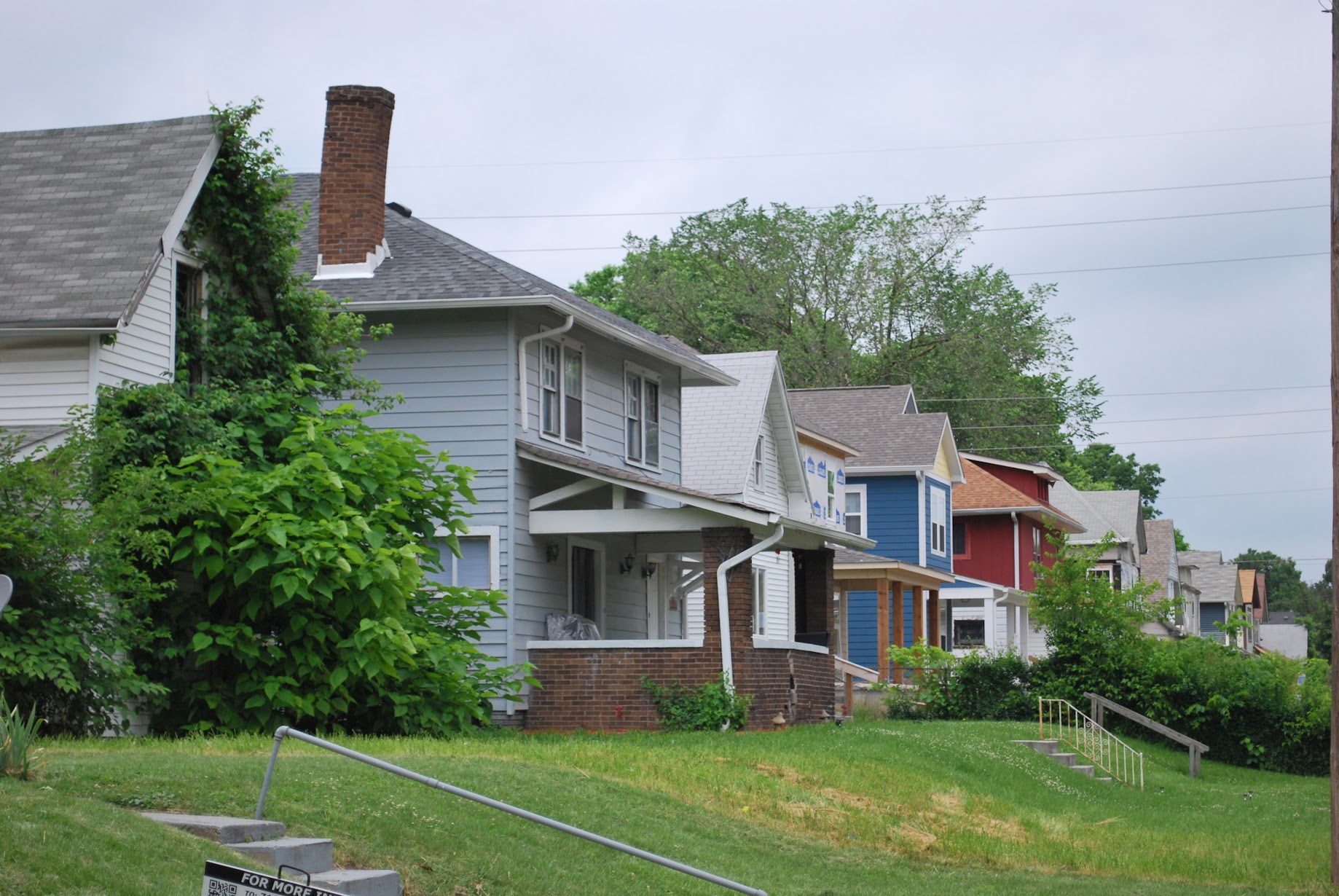Children born to low-income families in Indianapolis in the 1980s grew up to earn less than their peers in almost any other large city. The ability of children to move above the economic status of their parents is influenced by the parents’ income, demographics, and neighborhood conditions.
Research from Harvard Economist Raj Chetty examines how the conditions in which children grew up relate to their earnings in adulthood.1 While this study was nationwide, we focus on highlighting the results in Indianapolis, putting that information in local context, and deepening the research based on local conditions. We also recommend further research and policy implications.
We find that Indianapolis has low economic opportunity overall, especially for children of low-income families. Race disparities are stark: Black children of low-income families earn $9,000 less than White children at age 35. But neighborhood disparities exist, as well. Children earn more as adults when their neighborhood has more families with high incomes, even when their own parents’ income is low. Children of segregated neighborhoods also earn less as adults.






